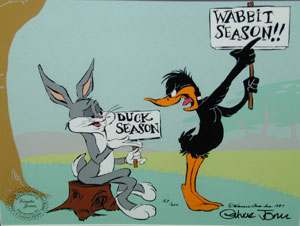jeffmarshall911
Member
The area fire departments that are part of our mutual aid compact have many independent dispatch facilities and are on different frequencies and different bands. What I would like to do is take a scanner loaded with 3 or 4 of the area FD frequencies as a receiver and rebroadcast this audio on a licensed frequency. Ideally, I would use a 5w transmitter and it would be located at our dispatch center and intentionally only serve a local audience.
I know of a PD that does this in the state.
I’m pretty comfortable with the hardware issues and solutions necessary. While I have read Part 90 a few times nothing jumped out at me as being improper, but I’m far from an expert. So the question is: is this totally non-compliant or is this rebroadcasting acceptable to Part 90?
Thanks,
/Jeff
I know of a PD that does this in the state.
I’m pretty comfortable with the hardware issues and solutions necessary. While I have read Part 90 a few times nothing jumped out at me as being improper, but I’m far from an expert. So the question is: is this totally non-compliant or is this rebroadcasting acceptable to Part 90?
Thanks,
/Jeff


